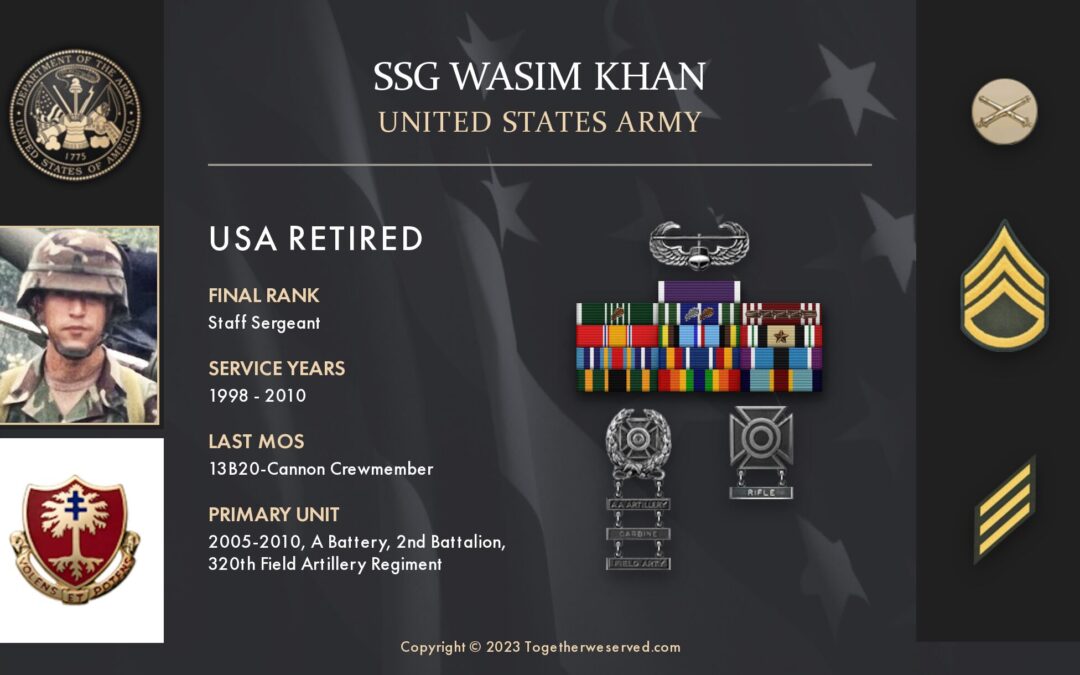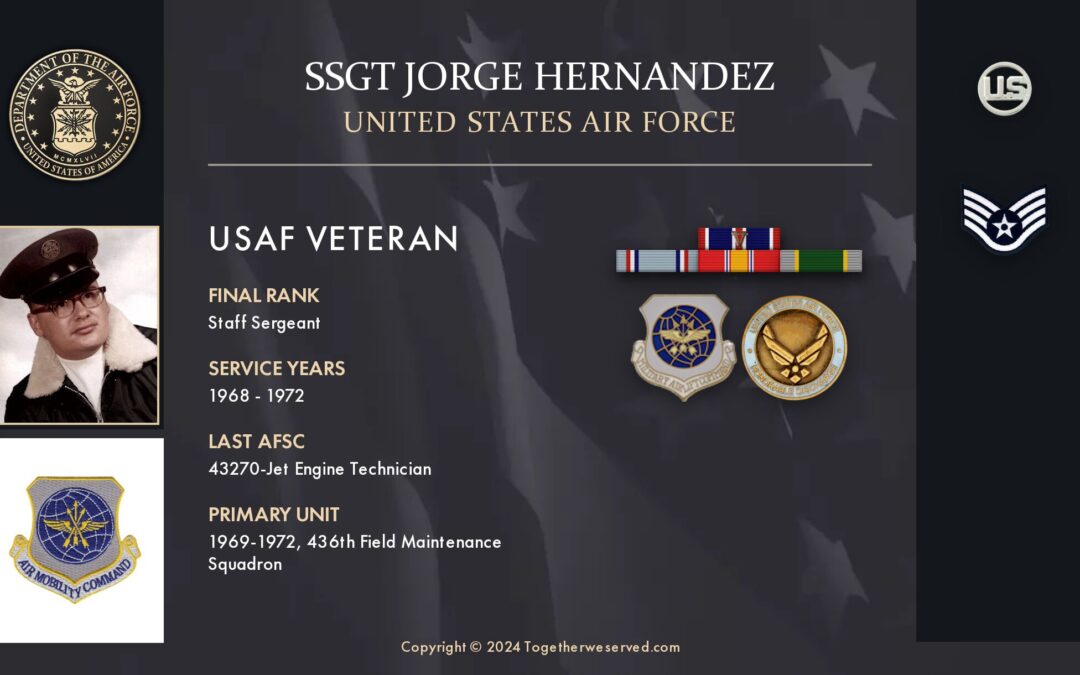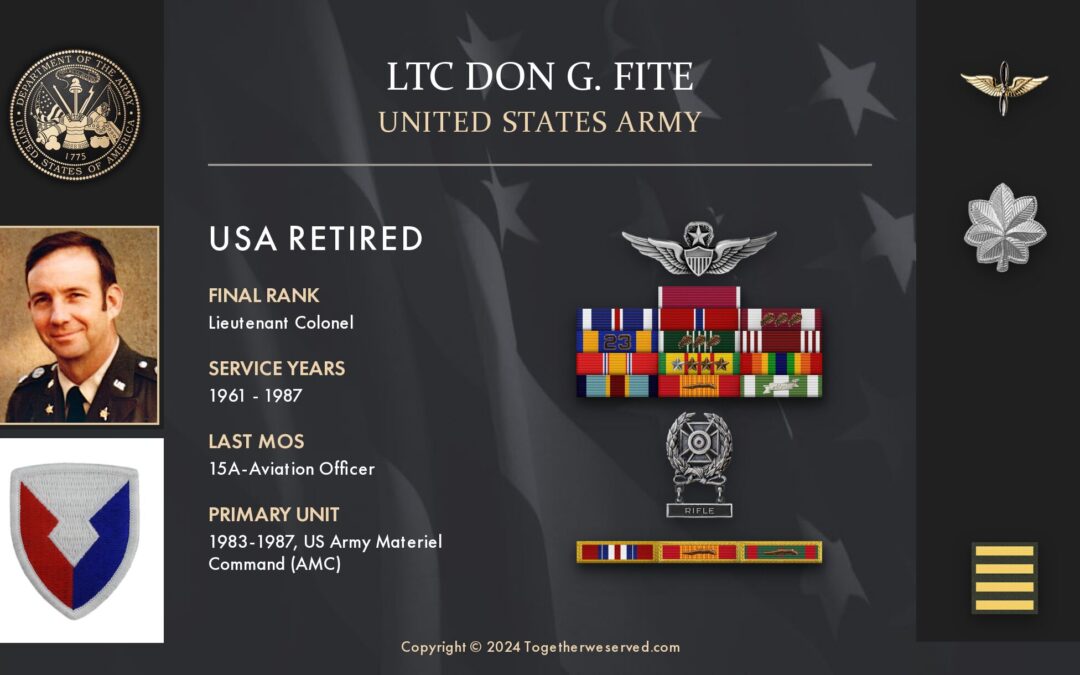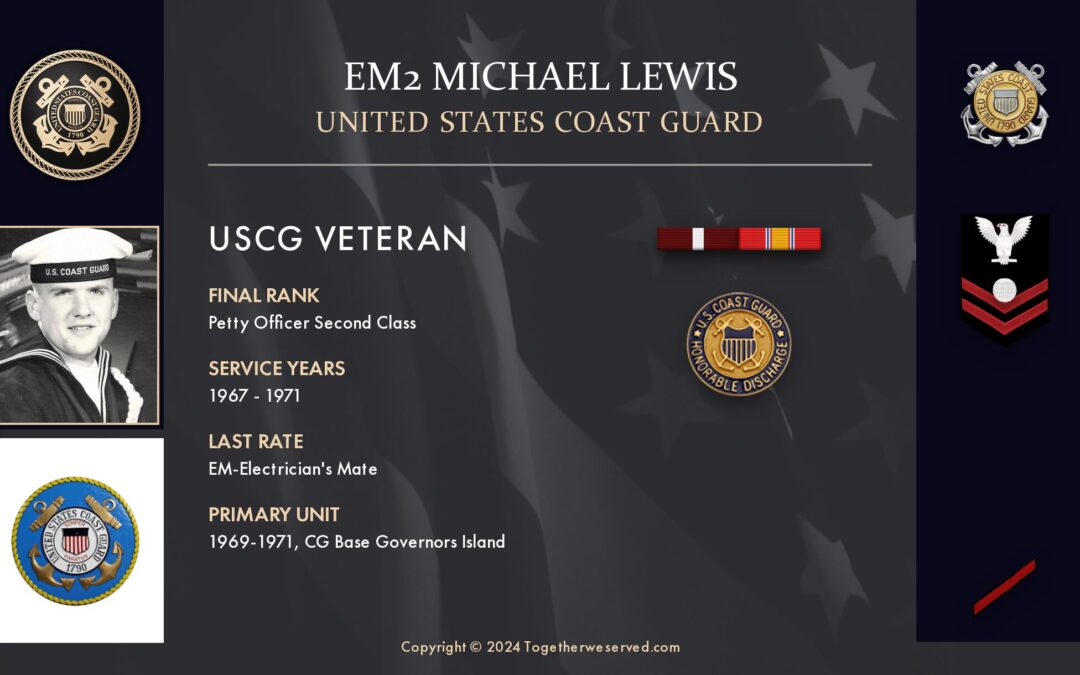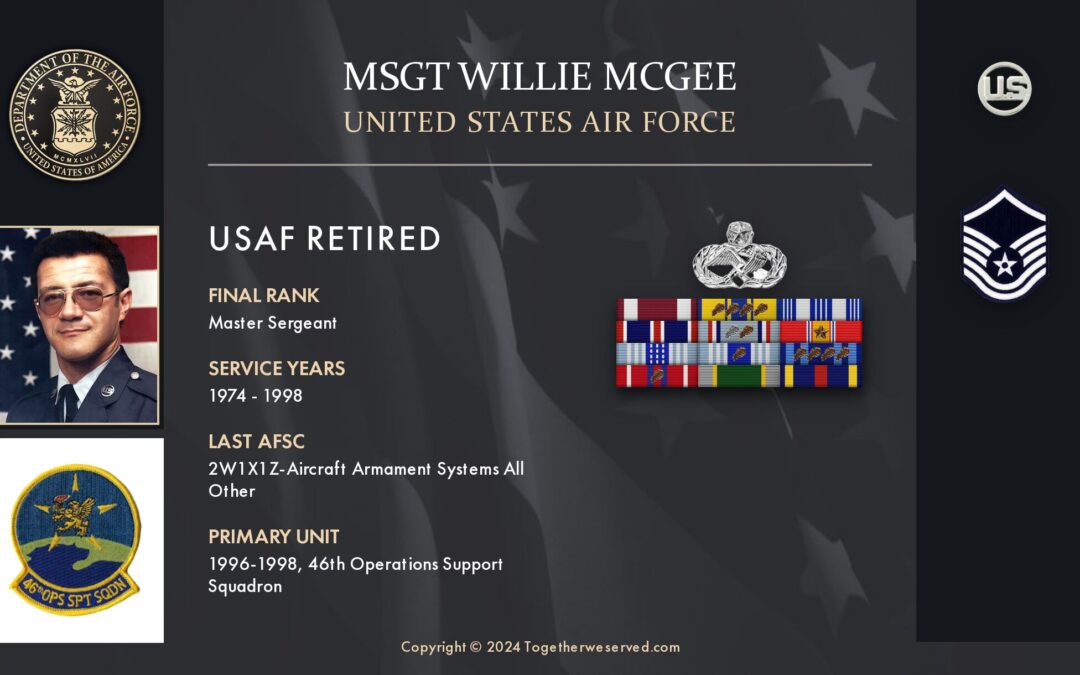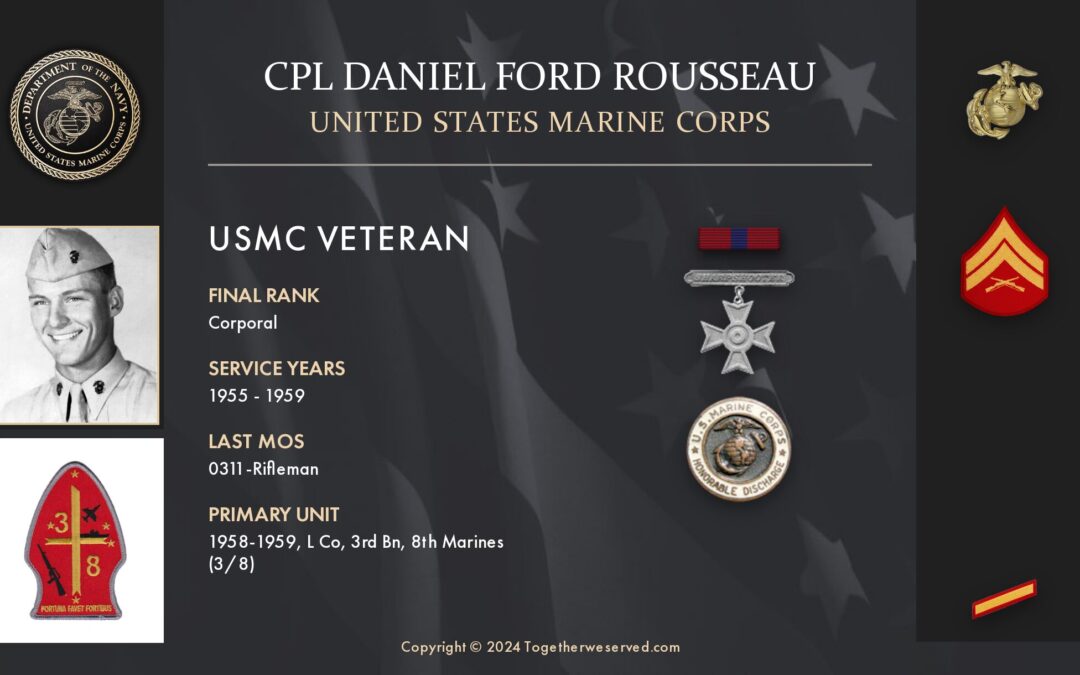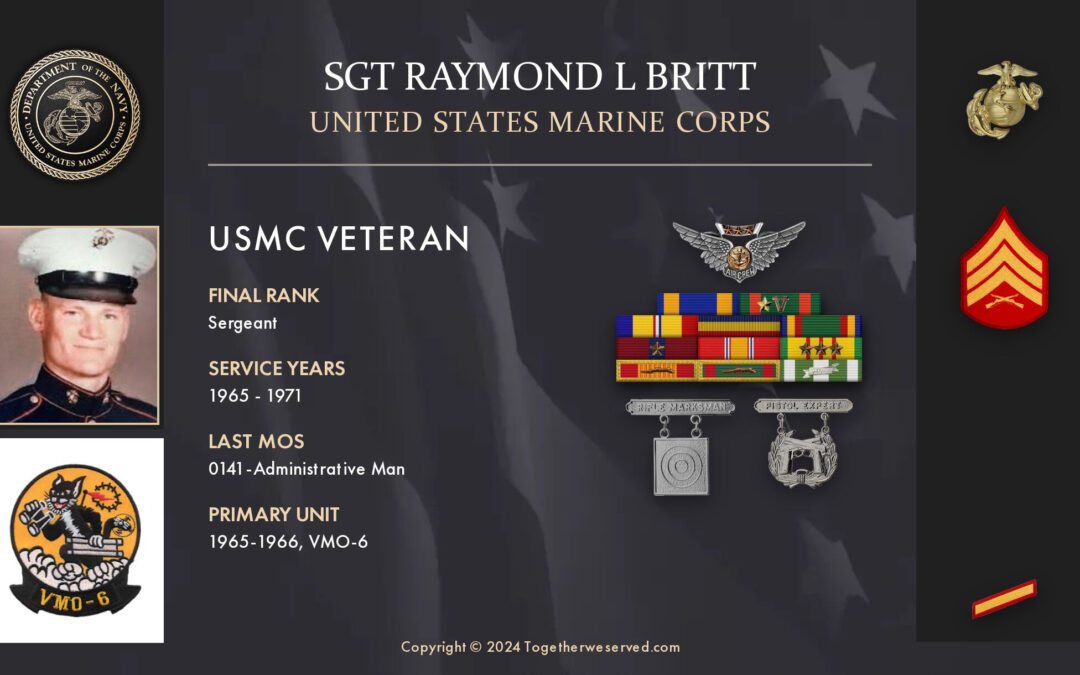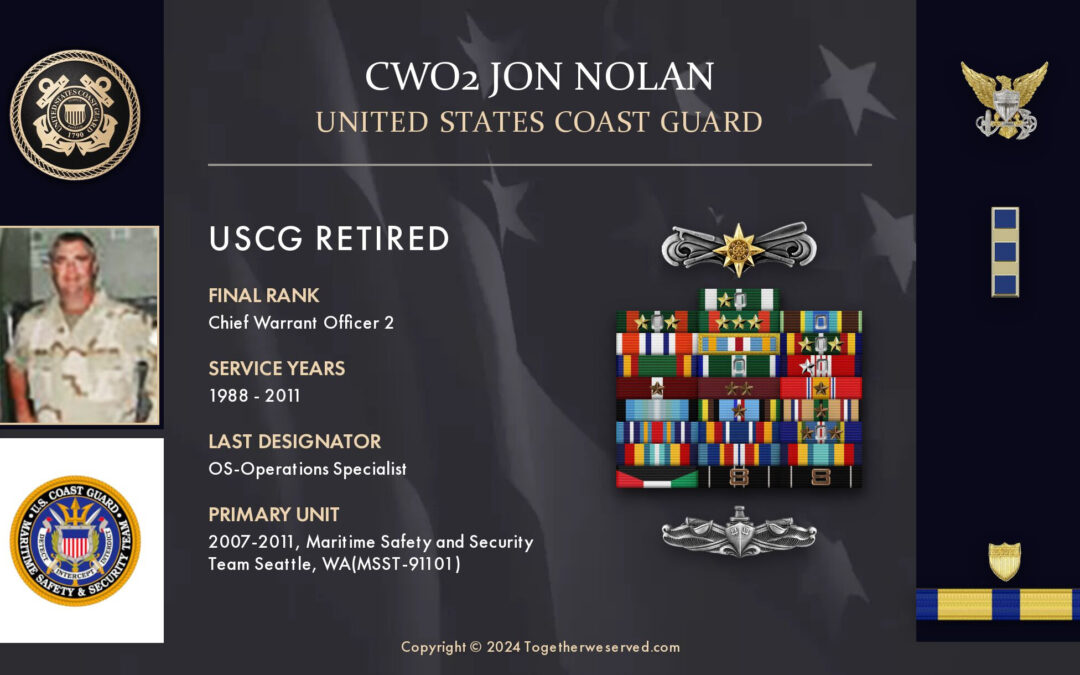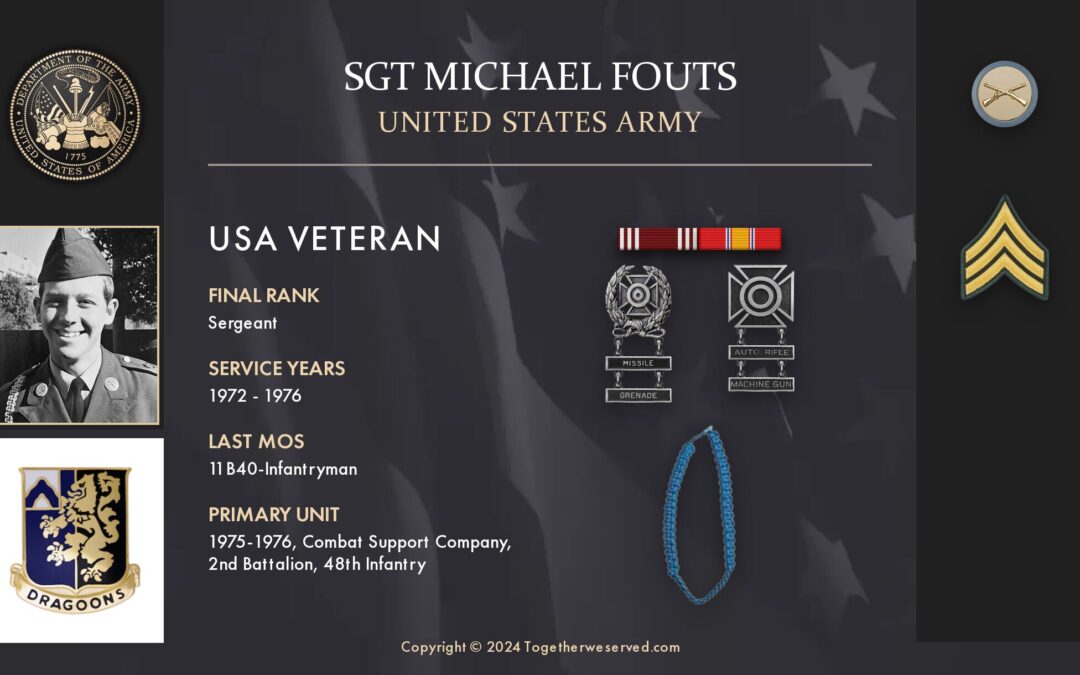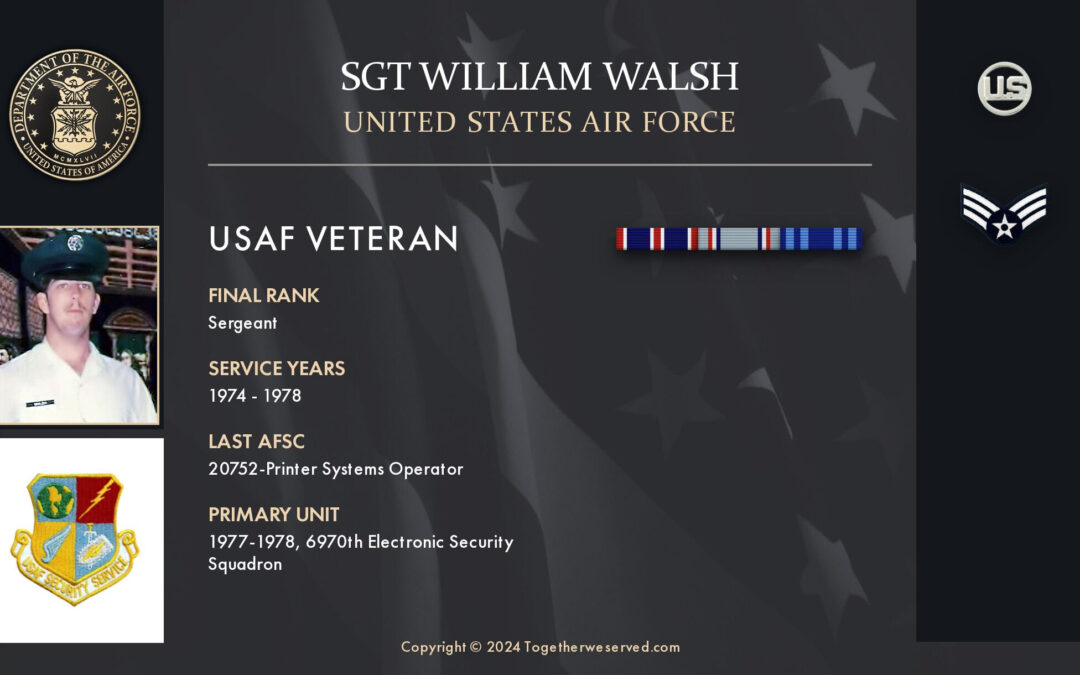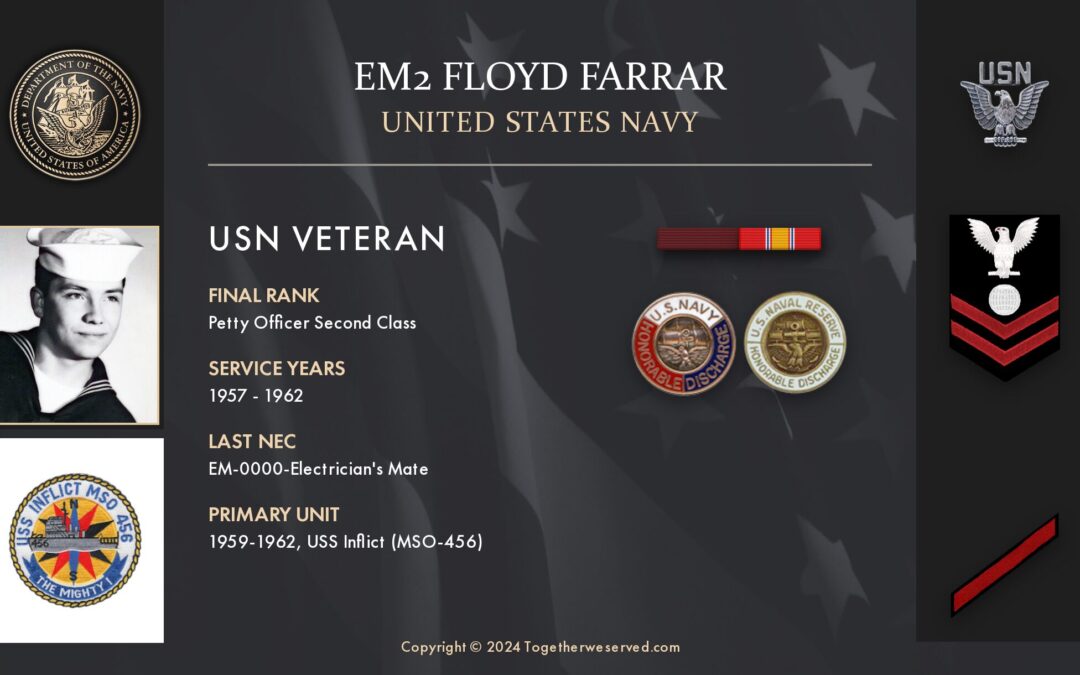As a kid, I always liked the military. As a young kid, I wanted to join the Navy. When I got to high school, we had Army JROTC, and my interest changed to Army or Marines. My dad, who was in the Army, convinced me that the Army was the way to go because it was bigger and promoted faster. He was a tanker and tried to steer me to armor. I wanted to be an airborne ranger, and my dad said whatever you do, ensure you get what you want in your contract. When I went to the recruiter, I scored very high on the ASVAB. The career counselor told me that he didn’t have airborne infantry available. He said the only thing with airborne was the 31C Radio Operator, probably because of the high GT. I believed him and felt good about getting guaranteed airborne. It first took me to the 82nd, and as soon as I got there, I started applying for a Ranger assignment because I got put in the Engineer Battalion, and it wasn’t what I wanted. After a year and a half, I got my wish and orders for Ranger Indoctrination and the 2nd Ranger Battalion.
